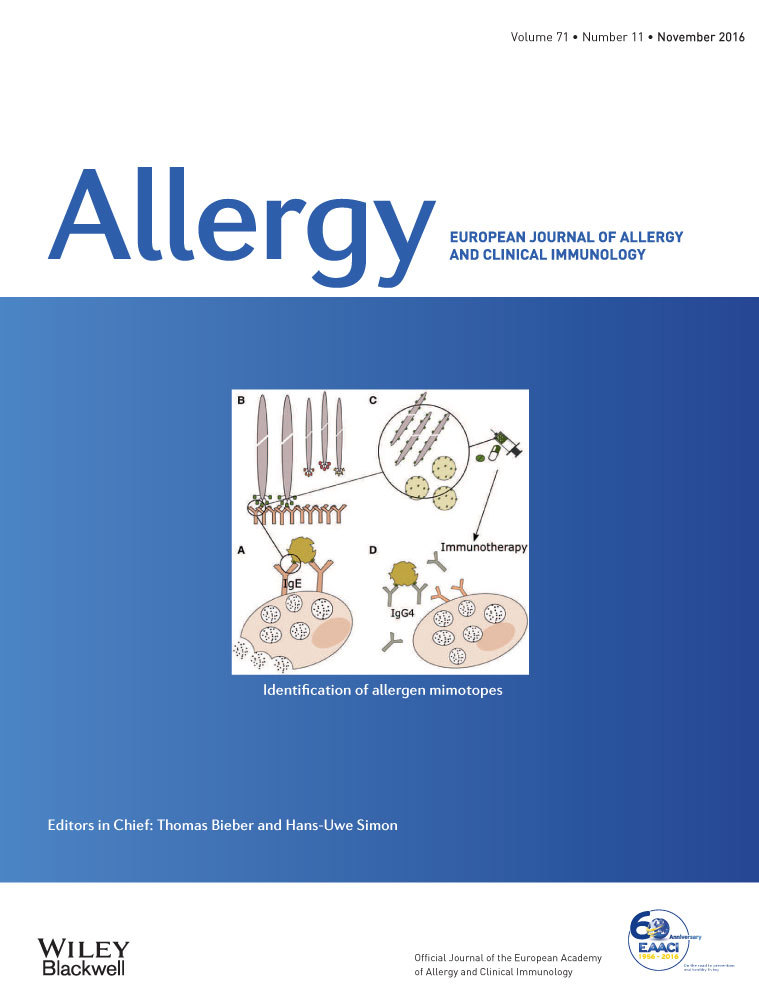Patient-reported disease-specific quality-of-life and symptom severity in systemic mastocytosis
Abstract
Background
Presently, no validated data exist on symptom severity and disease-specific quality-of-life (QoL) for patients with mastocytosis. Simultaneously, clinical trials and drug application processes increasingly mandate reporting patients’ perspectives on symptoms and QoL. We report on the development and validation of the mastocytosis quality-of-life questionnaire (MQLQ) and the mastocytosis symptom assessment form (MSAF).
Methods
Both outcome measures were developed in a standardized stepwise method, starting with the identification of items in focus groups (n = 12), item reduction and subsequent cross-sectional validation in a 63% female cohort of 164 adult patients with indolent systemic mastocytosis.
Results
The MSAF reveals that fatigue is the severest mastocytosis symptom while the MQLQ indicates that fear of anaphylaxis mostly impacts QoL. Cross-sectional validity was assessed by correlating both individual domains and the total scores of the MQLQ and MSAF with independent measures of mastocytosis. The total scores of both the MQLQ (P < 0.001; Spearman's r: 0.568) and the MSAF (P < 0.001; Spearman's r: 0.559) correlated significantly with the consensus on physician-scored mediator symptoms. The MQLQ domains displayed a high internal consistency (Cronbach's alpha: 0.841–0.958) and the domains ‘bones’, ‘skin symptoms’ and ‘anaphylaxis’ differed significantly between patients with and without osteoporosis, urticaria pigmentosa or anaphylaxis, respectively (P < 0.001).
Conclusions
The MQLQ is the first disease-specific QoL questionnaire for mastocytosis and is complemented by the MSAF, a short and convenient symptom scoring form. Both patient-reported outcome measures are valid, reliable and discriminate between patients with different disease characteristics, making them useful instruments for clinical research.




